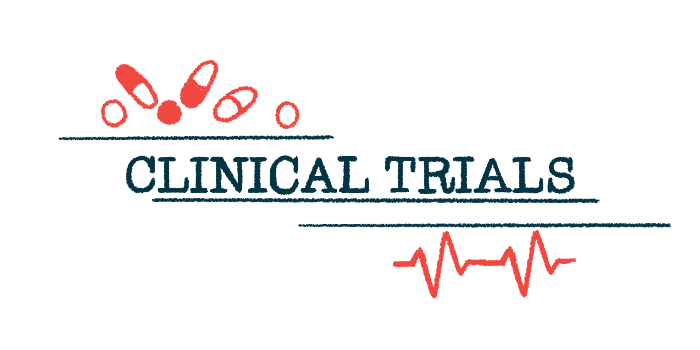PrimeC continues to slow ALS progression: One-year trial data
Therapy is an oral fixed-dose combination of ciprofloxacin, celecoxib

Amyotrophic lateral sclerosis (ALS) patients who used NeuroSense Therapeutics‘ investigational therapy PrimeC for a year saw significantly slower disease progression and prolonged survival relative to patients who started the treatment six months later.
That’s according to one-year findings from the PARADIGM Phase 2b clinical trial (NCT05357950), about which the developer now plans a Phase 3 trial in the U.S. and Europe.
“The promising results from the 12-month PARADIGM study highlight the significant potential of PrimeC as a disease-modifying drug for ALS,” Vivian Drory, MD, head of the ALS clinic at Tel-Aviv Sourasky Medical Center, Israel, one of the trial sites, said in a NeuroSense press release. “These findings underscore the importance of early intervention, which can lead to more substantial benefits and provide valuable insights that will inform the design of the Company’s Phase 3 study, increasing the likelihood of success.”
PrimeC is an oral fixed-dose combination of two approved medications — the antibiotic ciprofloxacin and the anti-inflammatory agent celecoxib. Together, the molecules should help slow disease progression by interfering with some cellular processes implicated in the neurodegeneration that marks the disease.
The Phase 2b PARADIGM trial enrolled 68 adults with ALS, ages 18-75, whose symptoms had started in the last 2.5 years. The participants were randomly assigned to oral PrimeC or a placebo, taken as two tablets twice daily for six months, alongside their standard ALS treatments.
Results of a year of PrimeC treatment
Trial results from all the study participants — the intention-to-treat (ITT) population — showed a meaningful, but not statistically significant trend toward slower disease progression with PrimeC, as assessed by changes in scores on the ALS Functional Rating Scale-Revised (ALSFRS-R).
PrimeC did significantly slow disease progression by 37.4% relative to a placebo among the subset of patients who strictly adhered to the trial’s established protocol, called the per protocol population. In that group, the benefits of PrimeC were most pronounced in those who were at risk for faster disease progression or who were more recently diagnosed.
After the six-month trial, most participants (96%) opted to join an open-label extension where they all received PrimeC for up to a year, adding up to 18 months of treatment for those initially assigned to PrimeC. The participants who were given a placebo in the main part started PrimeC with a six-month delay relative to the other group.
One-year data now reported by NeuroSense shows that patients given PrimeC for the full year showed significantly slower disease progression than those who started it six months later.
Among the ITT population, a year of PrimeC was associated with a significant, 36% slowing of disease progression compared with those who started on a placebo — a difference of 6.5 points in ALSFRS-R score declines.
The patients on PrimeC for a year also showed a 43% survival benefit relative to those first on a placebo. These benefits were even more pronounced in the per protocol population, where disease progression was slowed by more than 40% (about 7.7. ALSFRS-R points) with the longer treatment duration and survival was improved by 63%.
“These exciting long-term results demonstrate how study participants experienced more slowing of progression over time with PrimeC,” said Merit Cudkowicz, MD, chair of neurology and director of the Sean M. Healey & AMG Center for ALS at Massachusetts General Hospital, Boston. “PrimeC has great potential … and warrants further evaluation in a Phase 3 trial in an expeditious manner.”
All the patients who completed the 18-month PARADIGM study as of June have asked to continue treatment, which will be given through an investigator-initiated trial that is not time-limited, according to NeuroSense.
PrimeC is also being investigated for other neurodegenerative diseases. It’s being tested in clinical trials in people with Alzheimer’s disease and is in preclinical development for Parkinson’s disease.







